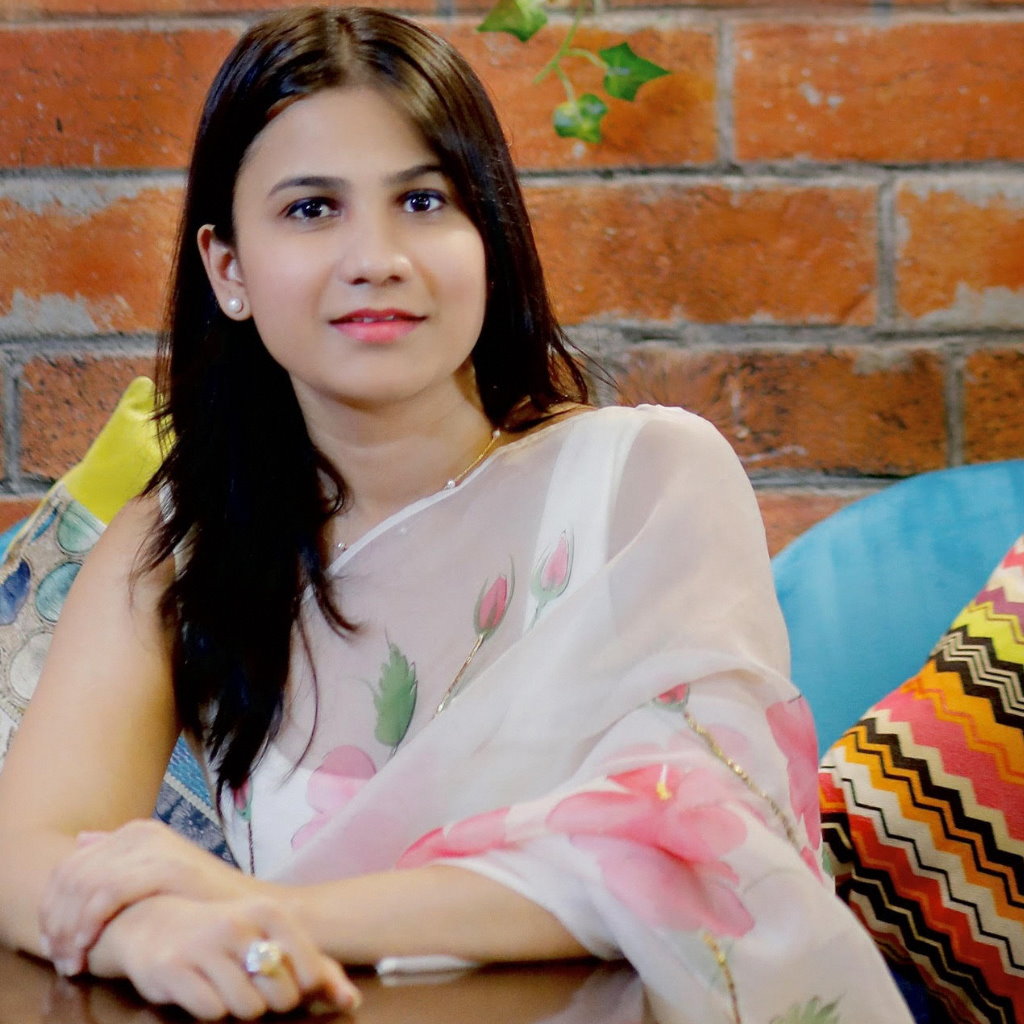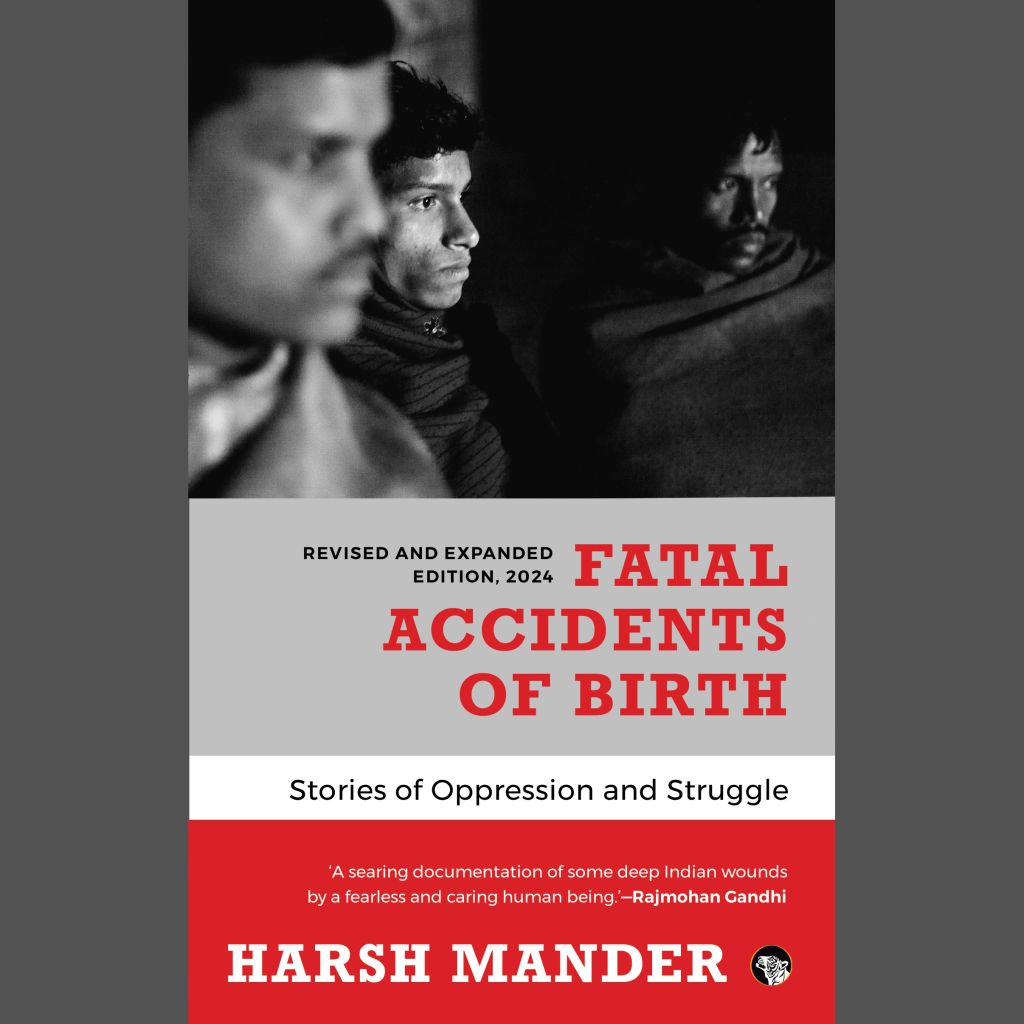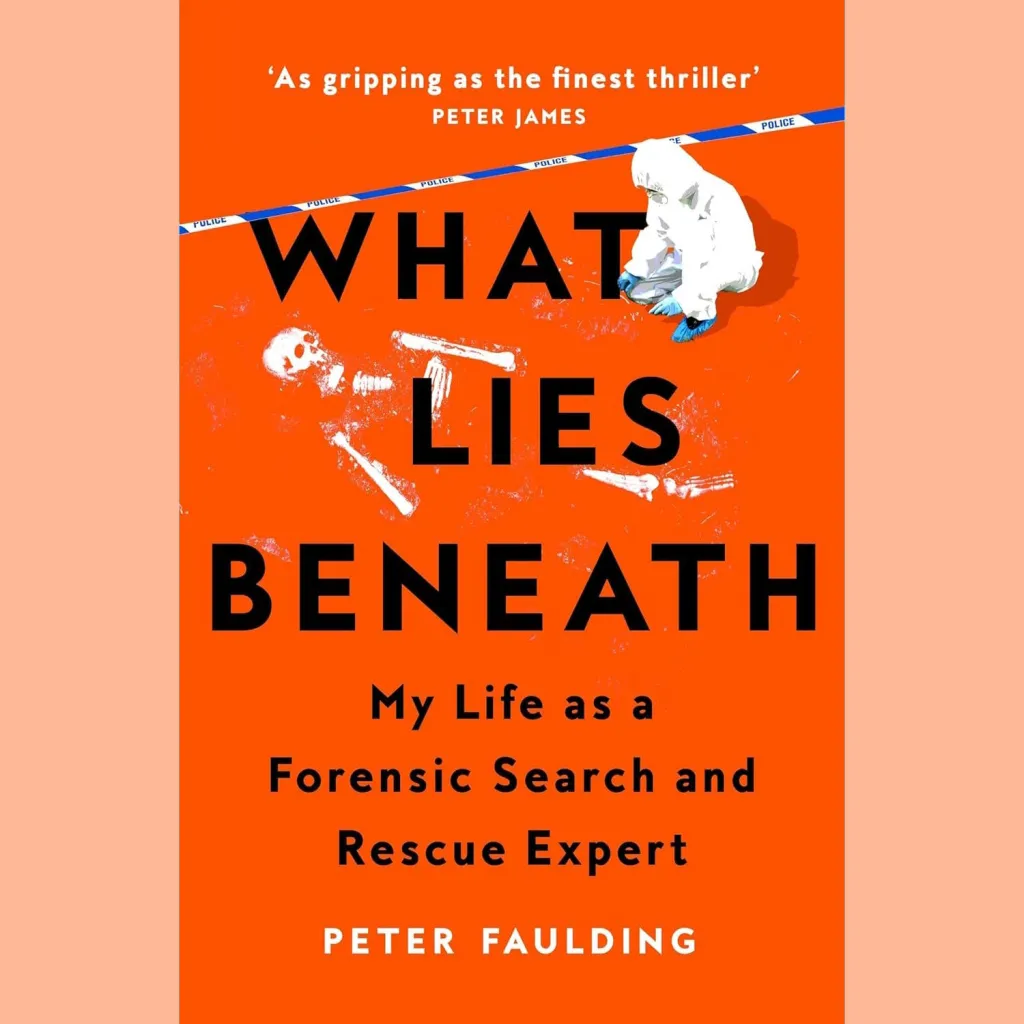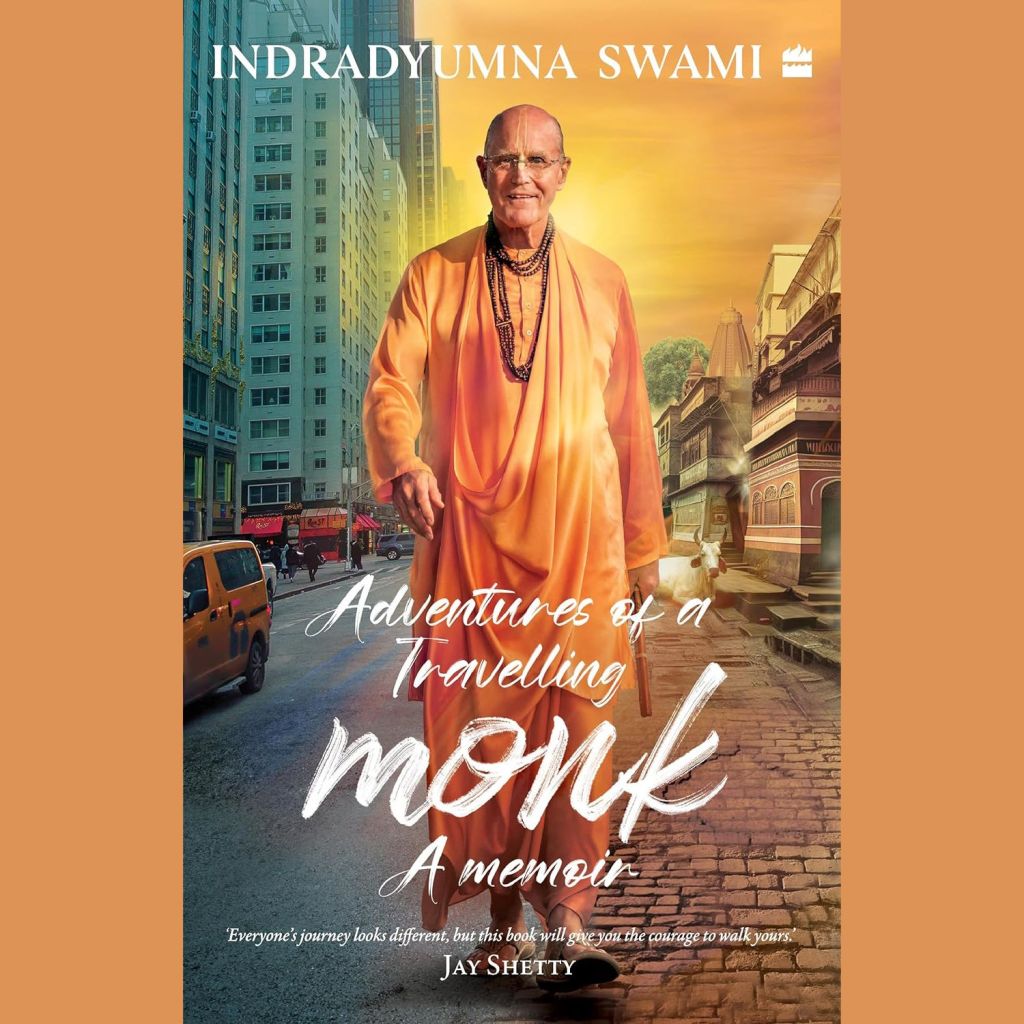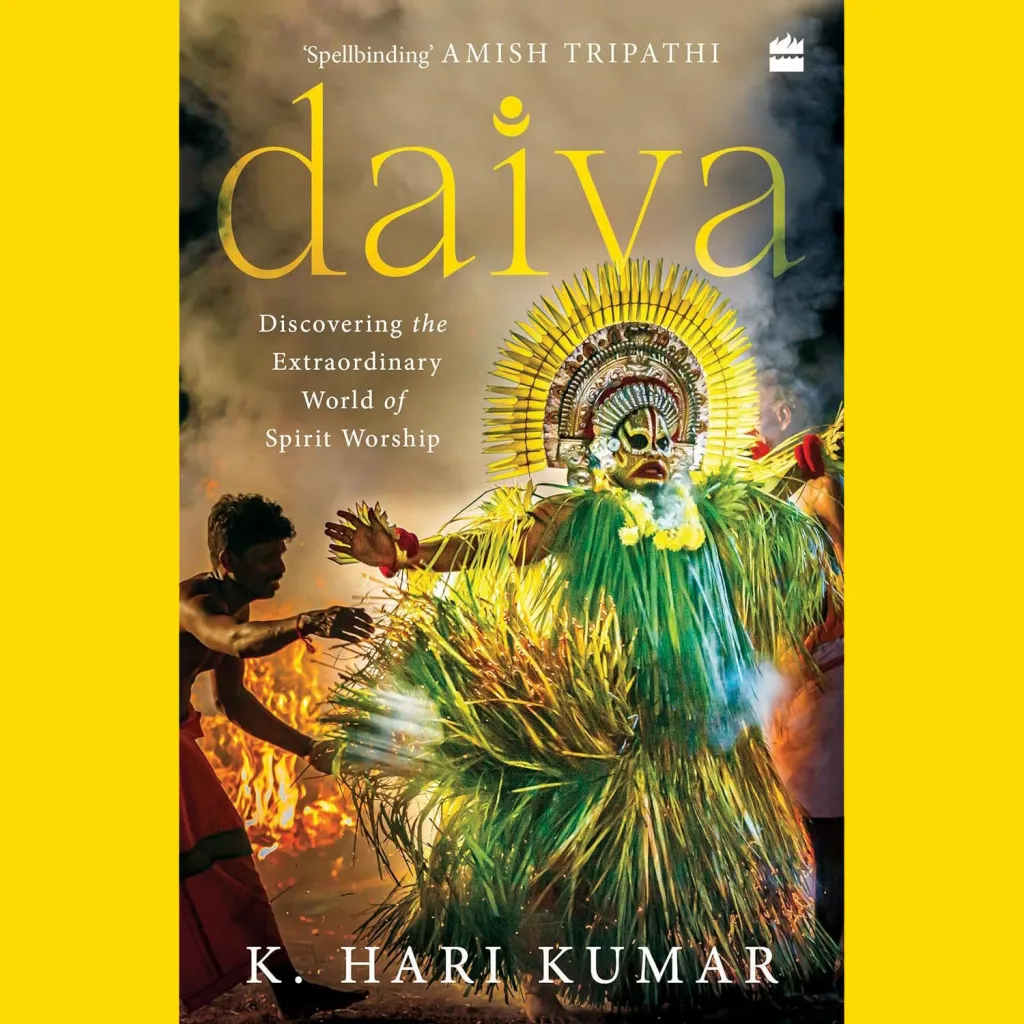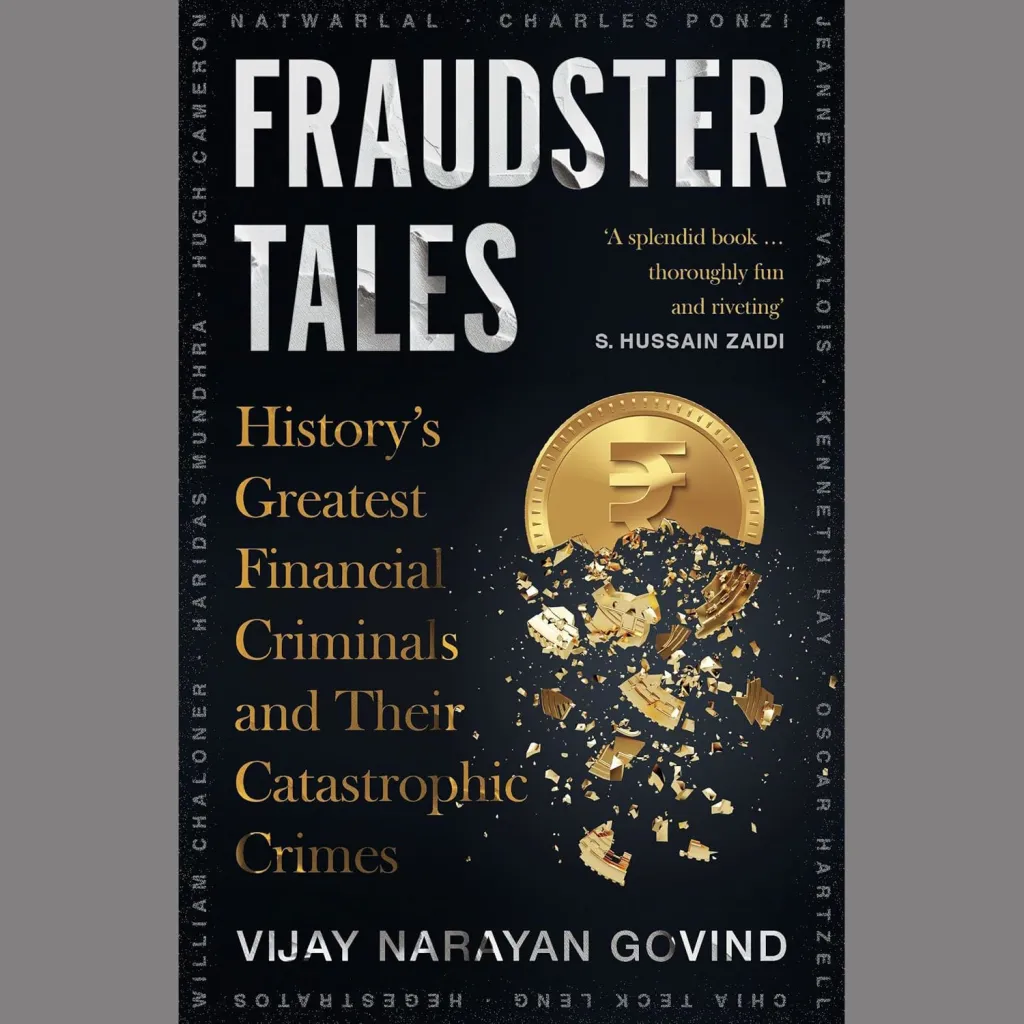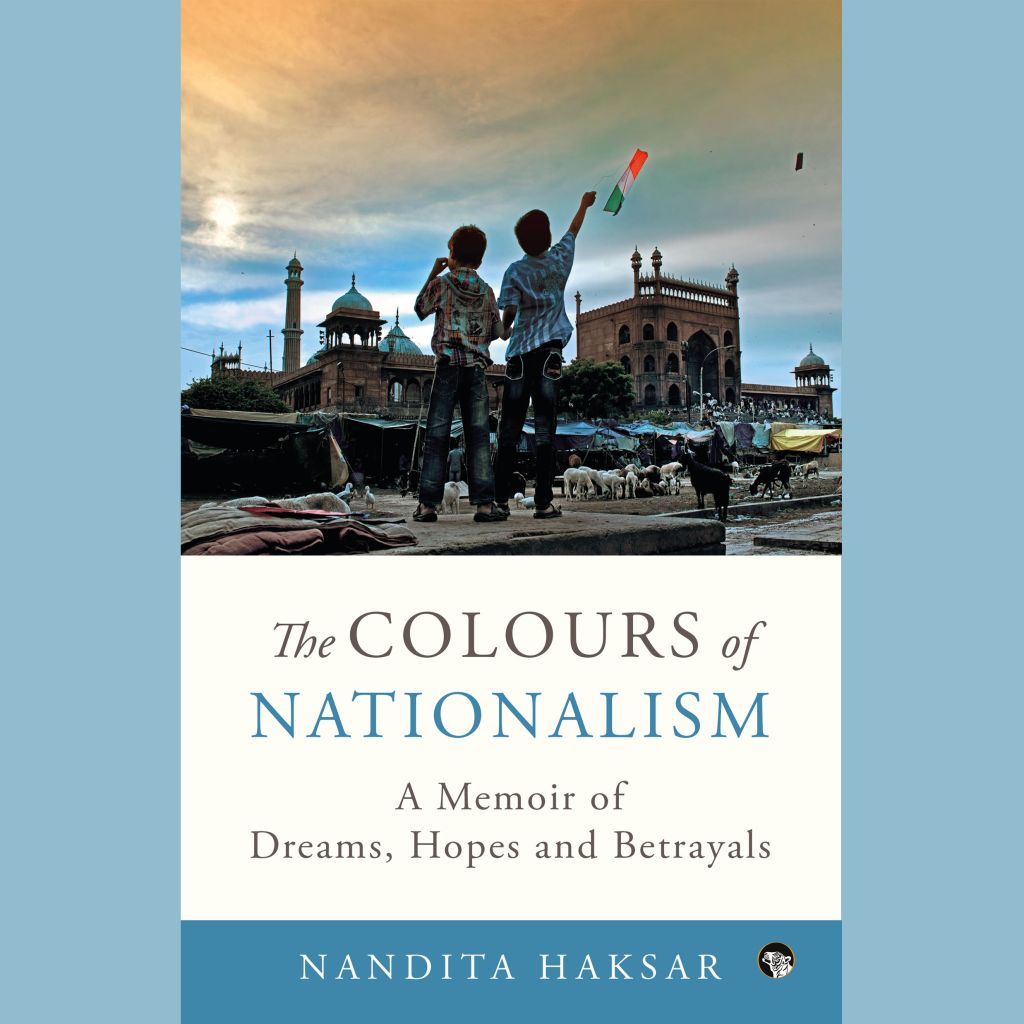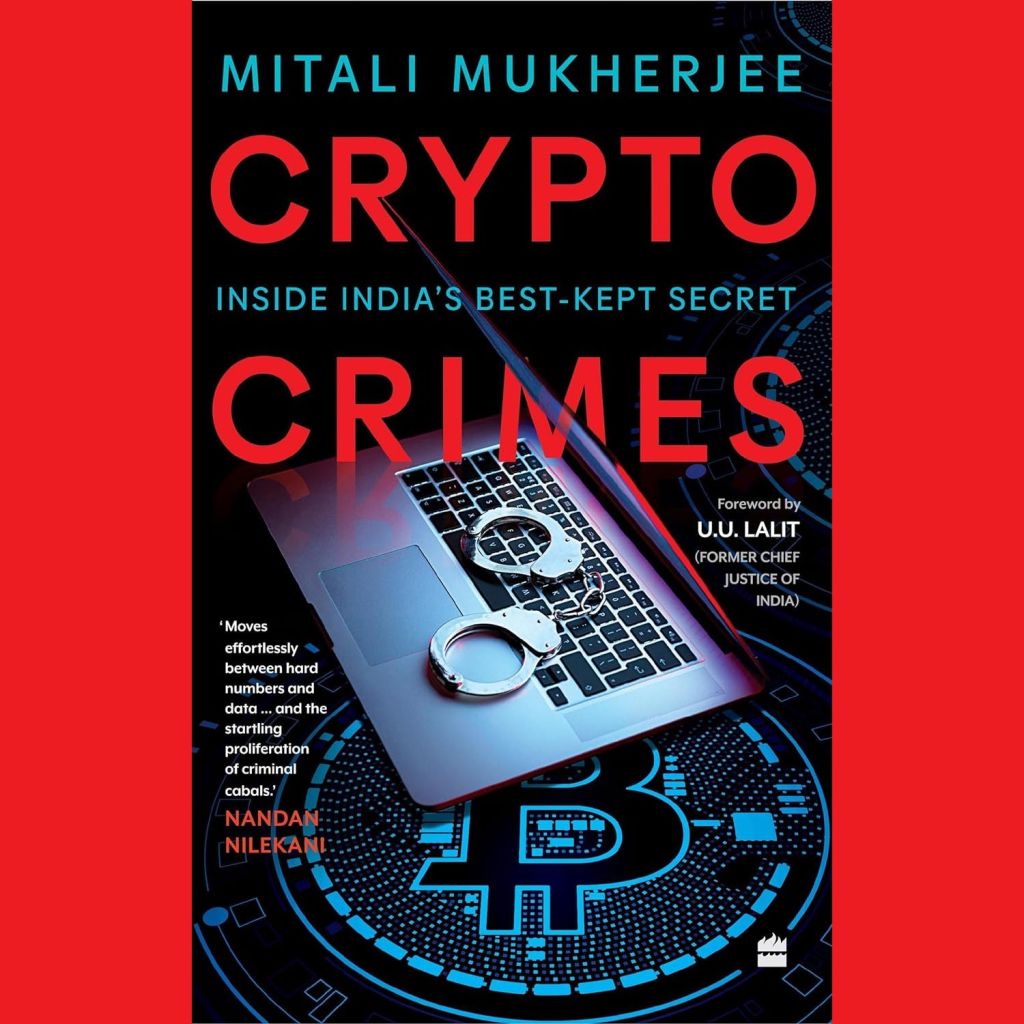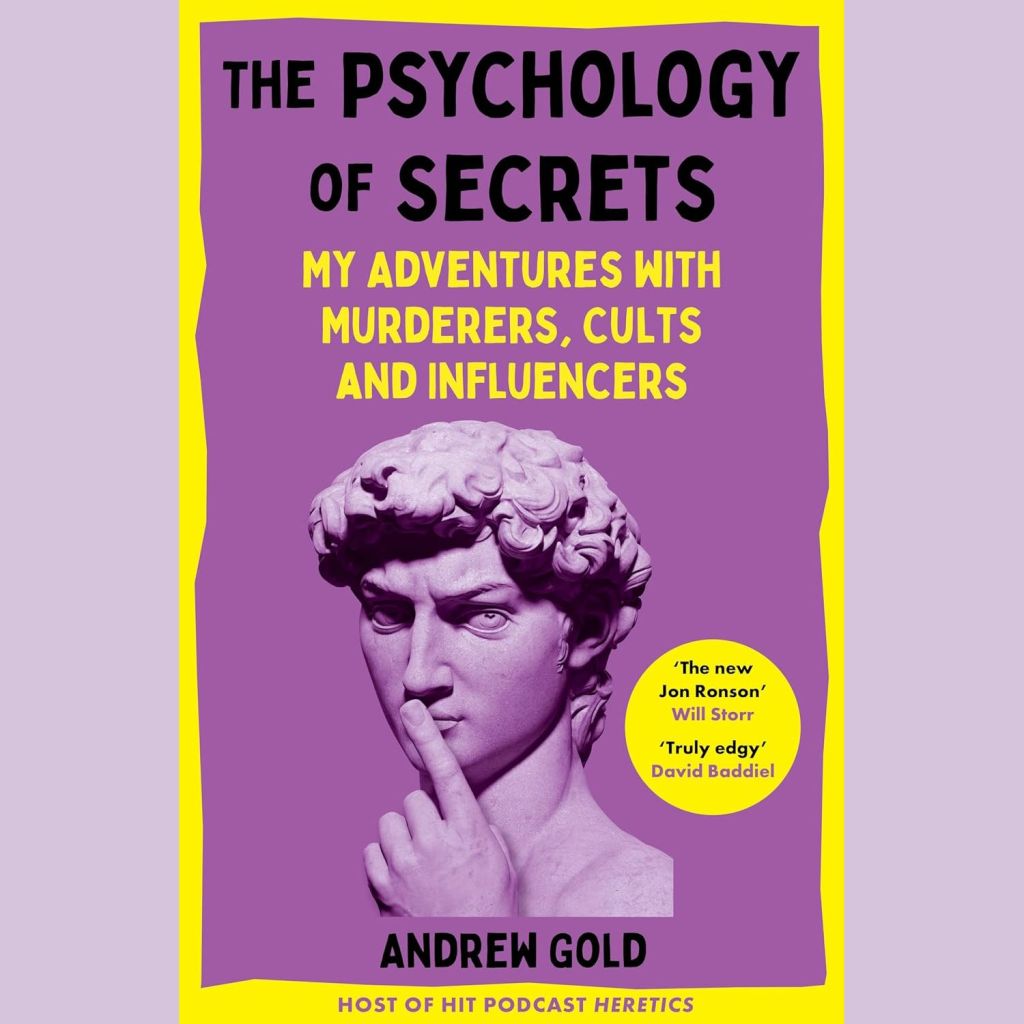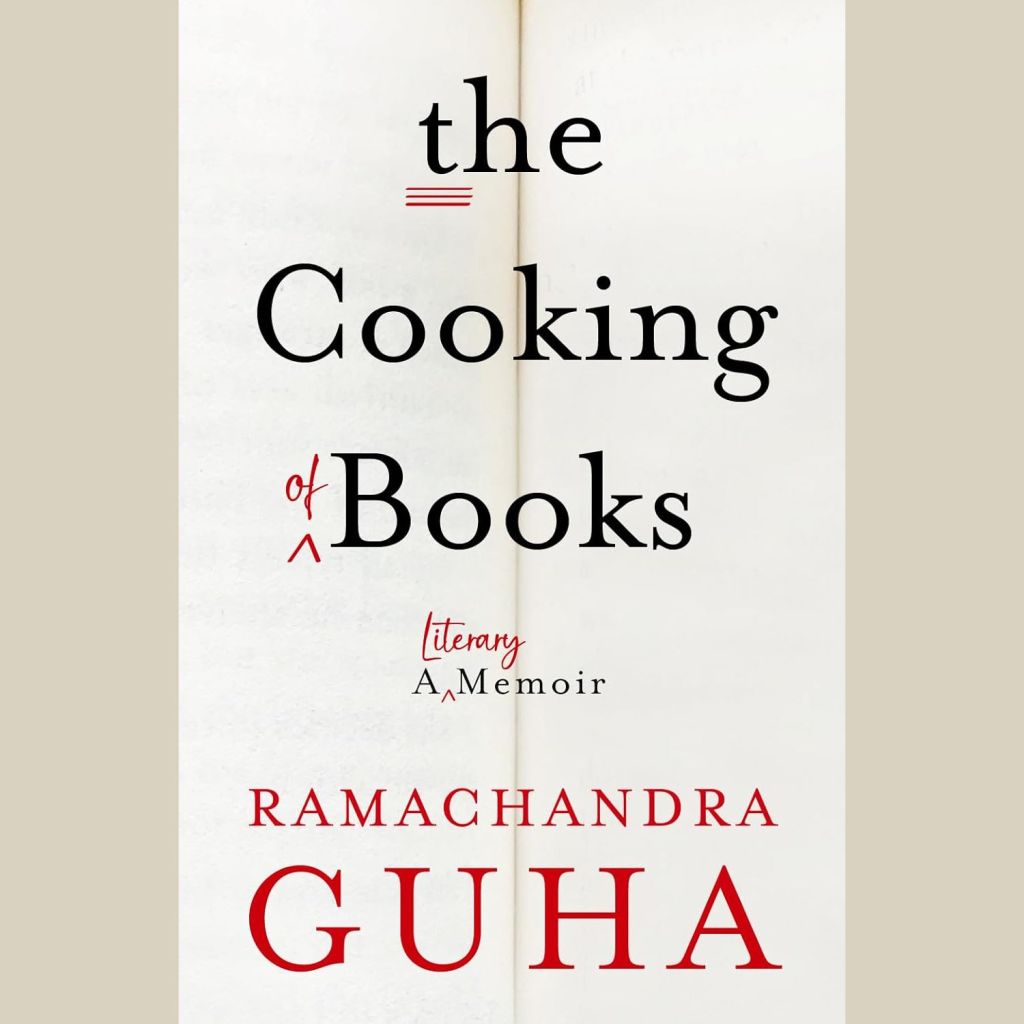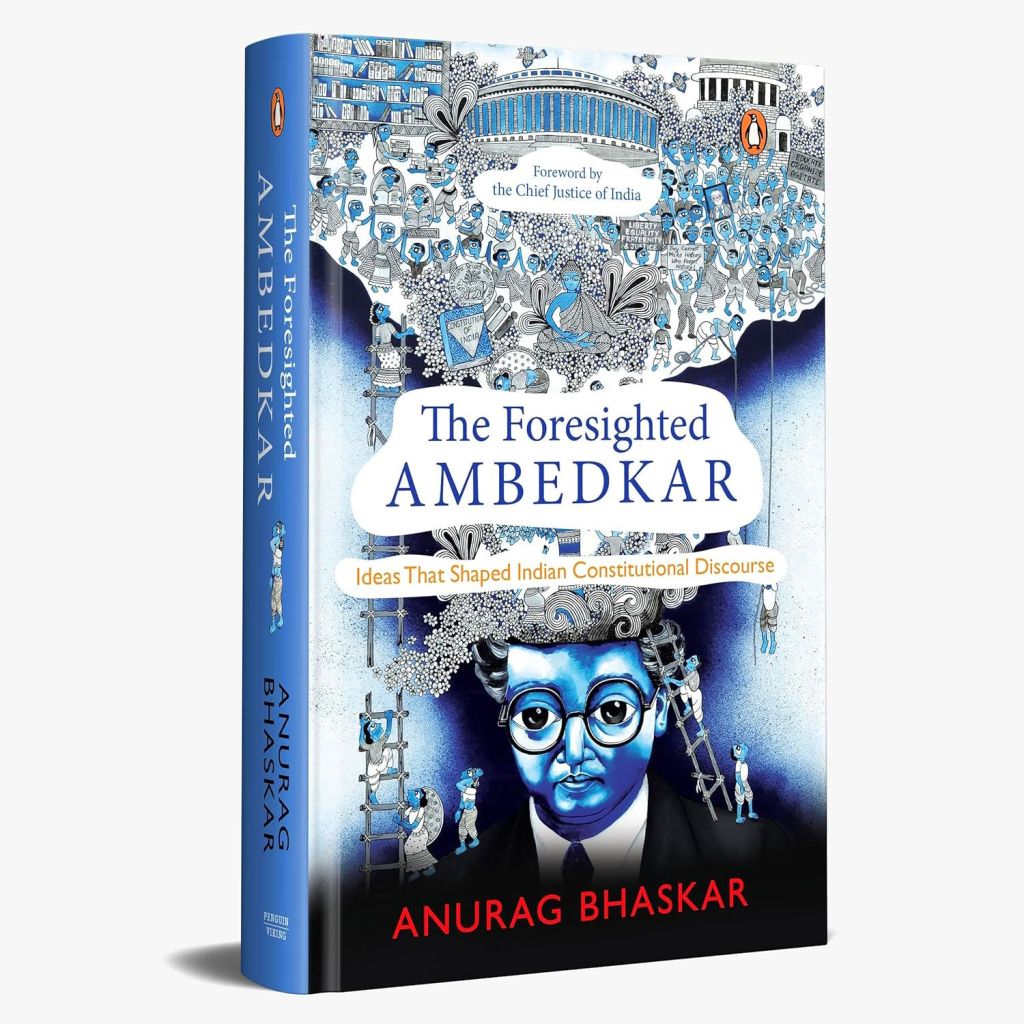Garima is a Delhi-based journalist and author, with a Master’s in Journalism from Columbia University. She has worked with Hindustan Times and has written for publications like Scroll, Hindu Business Line, Outlook, The Juggernaut and others. She likes to write on taboo or obscure topics. ‘I feel like there are really interesting insights to be found in topics that most mainstream writers and journalists would rather not touch,’ she says. ‘For me, this is the work of journalism: to truly try and understand a variety of aspects of culture and reflect it back to readers so they may reconsider their notions,’ she adds.
We talk to Garima about her new book, Heavens and Earth, her favourite books and authors, and the challenges new authors have to face when trying to get their book published.
You have an MS in journalism from Columbia University. How was the experience of studying and working in New York?
To report in New York City is a unique experience. I reported on the Hispanic community in Queens and corporate America in Manhattan which is as diverse as it can get. I got to study and live with the brightest minds from all around the world while being taught by some of the best reporters and editors in the world, who were also constantly thinking of adapting to the modern reporting environment.
Columbia Journalism School trains its students not just in print but also digital, photo, video, radio, and social media. You aren’t just taught how to report and write but also research, design, edit, data, and even coding for those interested. You don’t get such a comprehensive training in journalism anywhere else and certainly not in such a short time. So, when I decided to leave my newsroom job, I had the confidence to function as a freelance journalist less than a year into my career.
Regarding your book, Heavens and Earth, what was it that prompted you to write about astrology? What aspects of astrology do you find most interesting?
Heavens and Earth is a historical and cultural study of the phenomenon of astrology, encompassing elements of cosmology, mythology, religion, astronomy, psychology, philosophy and popular culture today. My basic premise here is not to validate or invalidate astrology but to outline how human civilisations over the centuries have navigated through the uncertainty of life and why exploring astrology through its symbolism can be insightful. It initially started with one story and then when the pandemic happened in March 2020, some of my other assignments fell through and I took the free time as an opportunity to prepare a pitch for a book. Luckily, my agent Anish Chandy and editor Karthik Venkatesh found it interesting and I had my book deal in July 2020.
I was most fascinated by the psychology aspect of astrology which is revealed in form of both mythology associated as well as the psychoanalysis of Carl Jung and the Jungian exponents. The universality and eternity of astrology, or fate and Karma, across ages and cultures was also really fascinating to me because that meant it was an intrinsic human tendency and not just an Indian one. There are many similarities between Indian and Western systems but there are many fundamental differences too.
How have people responded to Heavens and Earth? At some time in the future, would you like your book to also be translated into Hindi and/or other regional Indian languages?
So far, so good! I believe it’s a tad unlikely topic so it’s really fun to talk to people about it, whether in one-on-one conversations or book discussions and watch their perception of the book change. Because otherwise, many get locked in on the word ‘astrology’ thinking that I’m writing about how to read birth charts and stuff. But no, the idea here is to explore the ‘story’ of astrology, which happens to be all kinds of paradoxical and unpredictable.
And yes, absolutely, I’d love for this book to be translated in as many languages as possible because the premise of fate/Karma, as I said before, is universal and will appeal to many.

In India, how easy or difficult is it for new authors to find a publisher and get their first book published? Did having a background in journalism make things a bit easier for you?
Yes, having a background in journalism definitely helped. For one, I could write a pitch even though I had no idea how to write a book pitch. But I drew on what I do as a journalist, which is research and interview domain experts and then form my own sense of a narrative. As I said before, I think I was extremely lucky because I think I got a book deal fairly smoothly. My professional/educational pedigree also helped, I guess. That being said, from what I have seen in the last three years, I think if you have something unique to say that you can map out across a wide enough timeline or geography, then you can reliably get a book deal. But you still have to work very hard at it from the first point to promoting it after it gets published.
What kind of books do you enjoy reading? Anything that stands out among the books you’ve read in the last 2-3 years?
I mostly read classical literature and non-fiction. I don’t have a favourite genre per se but I like reading about culture, complications of human behaviour, and history.
The Impulse Society: What’s Wrong With Getting What We Want by Paul Roberts and The Shallows: What The Internet Is Doing To Our Brains by Nicholas Carr. I read these as part of my research for my next book, about how the modern culture of instant gratification and ego-gratification is leading us down an abyss. Both of these books do an amazing job of putting in perspective the age of Internet and why it’s not all good.
Who are your favourite authors? Any favourite Indian authors?
Leo Tolstoy. I loved Anna Karenina and how gently he explored the delicate and complicated arcs of human life. Reading him was also a revelation into the culture of Russia, which is not something that we get to explore much otherwise as most of our English media (TV shows, movies, books) tend to be located in the US/UK.
Sadly, I don’t think I have read many Indian authors because I’m not yet used to reading in anything other than English. The Indian English writers mostly write for urban India about their modern aspirations, which is great but not something I’m curious about as a reader. The one book from regional literature that I thought was adeptly translated in English is Sankar’s Chowringhee, by Arunava Sinha. I definitely hope to read a lot more of Indian translations and Hindi literature in future.
Your thoughts on eBooks and Kindle?
Yes, I have read books on Kindle and desktop e-readers. I prefer e-readers for when I’m reading for research because it helps with the note-taking, which is really cumbersome with a traditional book. But if I’m reading for myself, I’d always prefer a traditional book just for the familiarity of the medium. I can’t get used to Kindle however much I try.
Young people these days seem to prefer staying glued to their smartphones and would rather watch YouTube videos than read a book. Any thoughts on how this can be reversed?
I doubt it can be reversed for most. Reading requires concentration of mind and body and it takes a while to get used to that. So, instead of handing them smartphones to keep them busy, perhaps they can be given books to look at or read as soon as possible in life. Even Nicholas Carr, whom I have mentioned before, has written about how he grew up in a time before tech but now finds it difficult to read even an article unless he makes deliberate effort.
Technology gives you instant gratification of some sort whereas books take days or weeks to be read in entirety and require conscious thinking to chew on what you have read. So, these are entirely divergent approaches to life in my view and the only way to fix them is to maintain a constant and deliberate balance right from schooling years.

